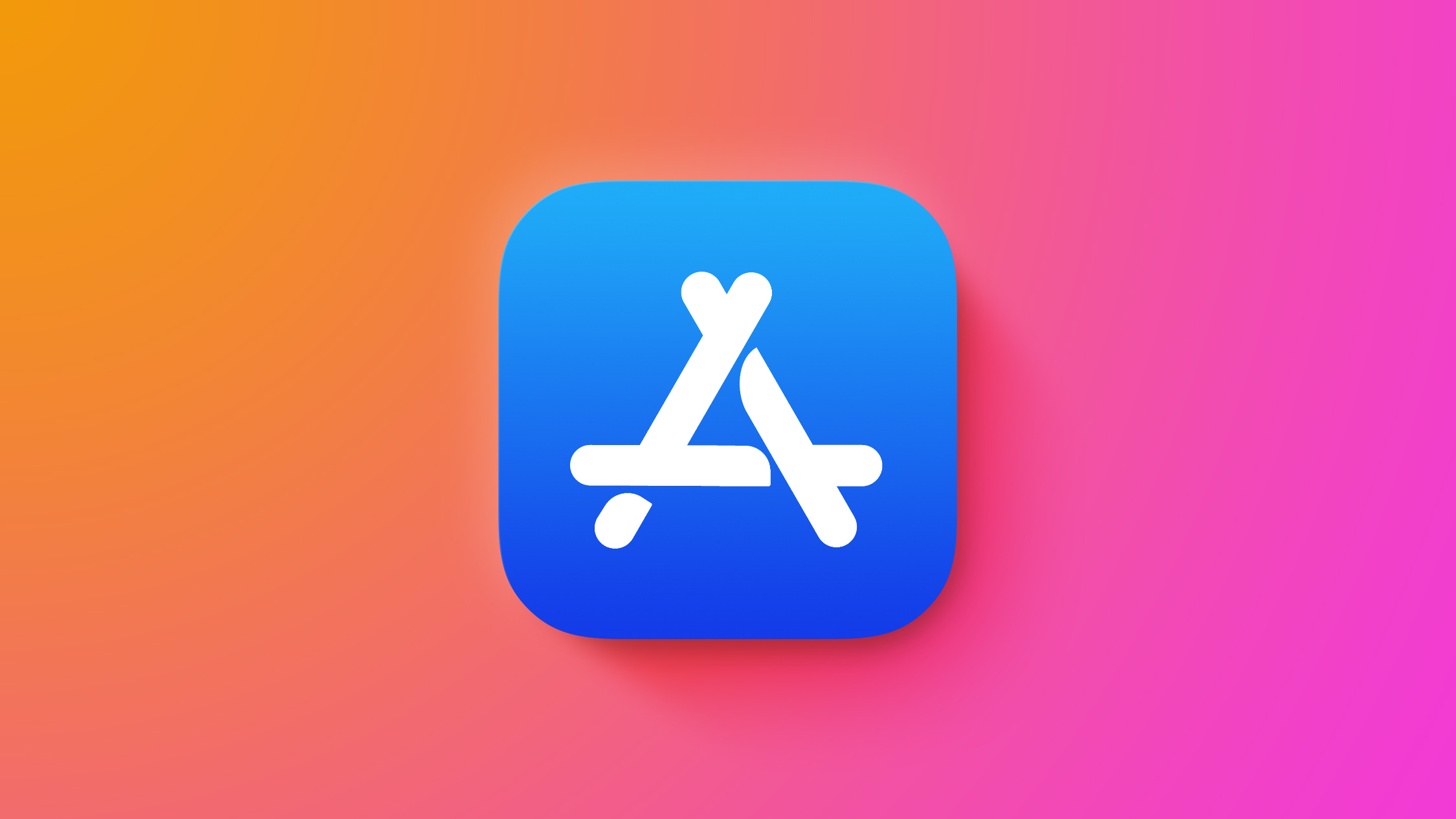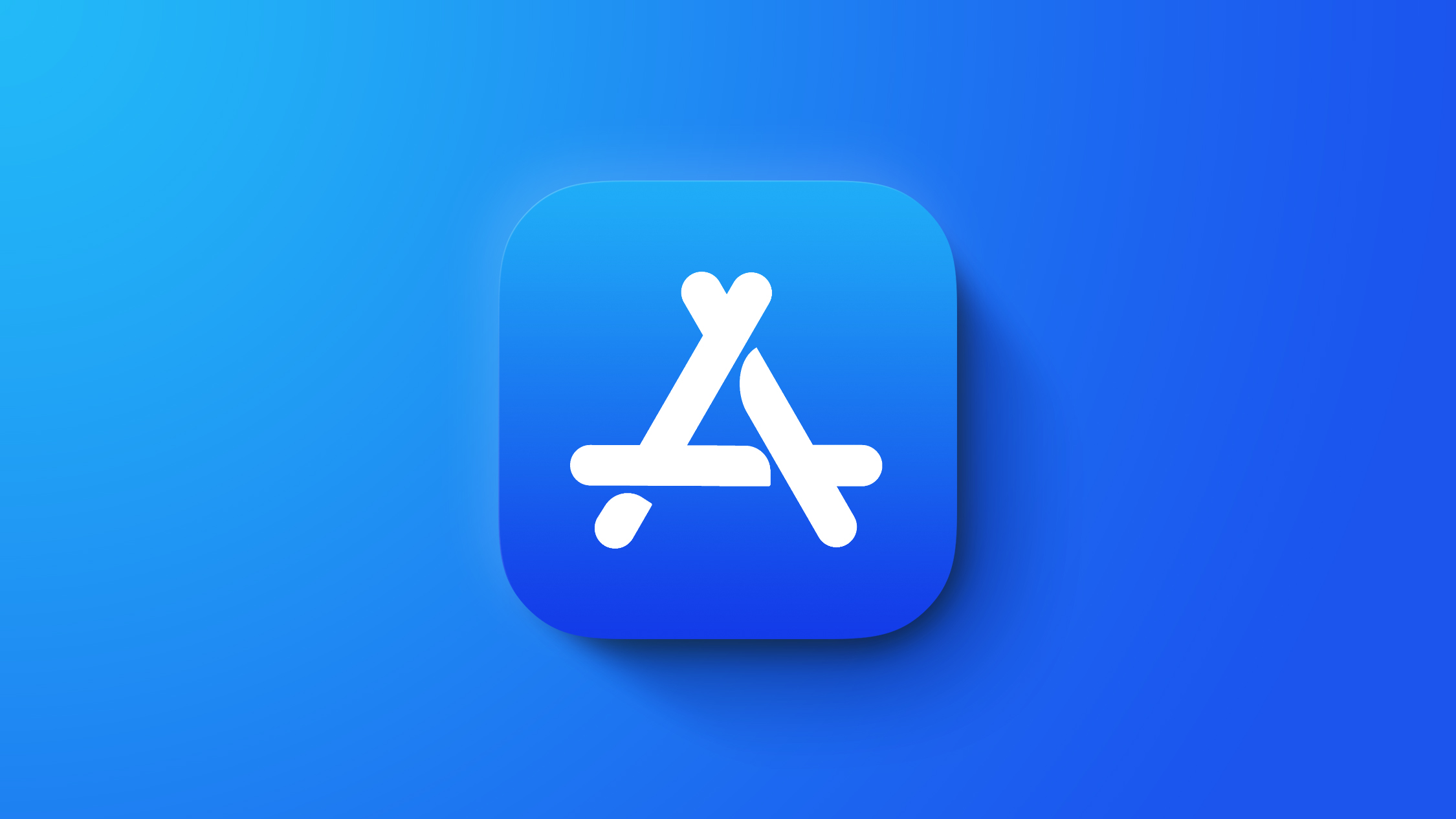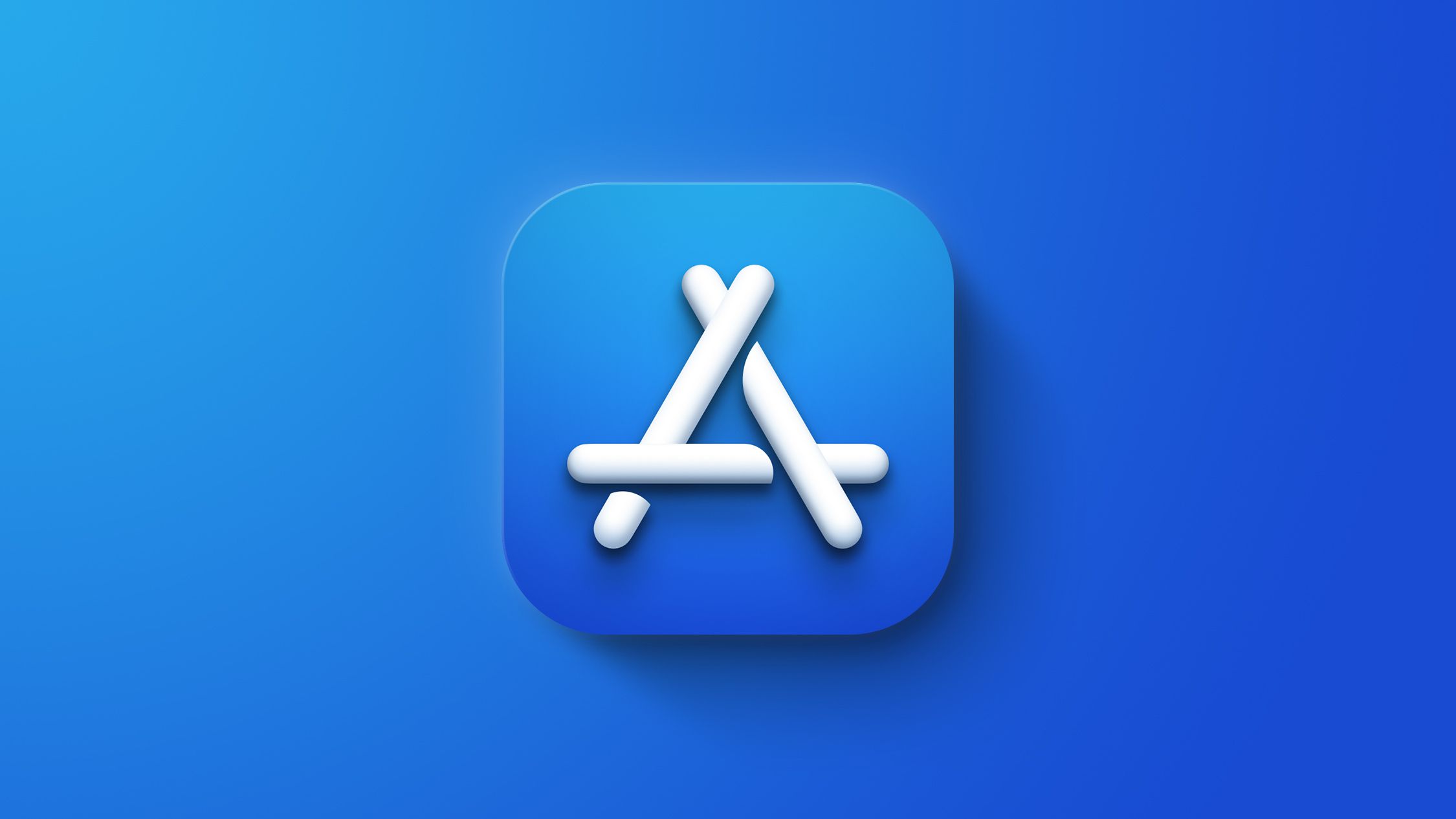This post is due as a response to recent developments of Apple possibly being forced to allow sideloading.
Sideloading brings great choice for the user and by itself is a positive thing, but I understand all the privacy and security concerns around it. I've used Android for quite a while and just recently switched back, and the problem on the platform is not that sideloading is a choice (that's a positive thing), but rather an easy choice that is easily accessible.
I have several relatives that have sideloading clones of apps on their devices (mind you, they have little to no knowledge of technology) that obviously pose security and privacy risks, because sideloading on Android is too easy (yes, even though the system responsibly warns them of the risks).
That's why I feel Apple has the opportunity to do sideloading right, and yes, that would mean making it harder to do so than in competing platforms, to deter people who are not knowledgeable enough to understand the real disadvantages of sideloading to do so, and to prevent Apple issues in the support stage (both hardware and software).
This is how I can imagine it they should do it:
I feel like this would be a compromise for both philosophies. What do you think?
Sideloading brings great choice for the user and by itself is a positive thing, but I understand all the privacy and security concerns around it. I've used Android for quite a while and just recently switched back, and the problem on the platform is not that sideloading is a choice (that's a positive thing), but rather an easy choice that is easily accessible.
I have several relatives that have sideloading clones of apps on their devices (mind you, they have little to no knowledge of technology) that obviously pose security and privacy risks, because sideloading on Android is too easy (yes, even though the system responsibly warns them of the risks).
That's why I feel Apple has the opportunity to do sideloading right, and yes, that would mean making it harder to do so than in competing platforms, to deter people who are not knowledgeable enough to understand the real disadvantages of sideloading to do so, and to prevent Apple issues in the support stage (both hardware and software).
This is how I can imagine it they should do it:
- The sideloading state should be a switchable state and should only be controlled by a switch that must be activated or disabled on a computer, Finder on Mac and iTunes on Windows.
- When a user wants to enable the sideloading state, a factory reset should be required. The user will, then, be prompted for an iTunes or Finder backup. This is so the secure, walled state of the device is ensured in backups. Users, of course, could have the choice to restore those same backups on devices with the sideloading state on.
- AppleCare(+) coverage and support should be limited unless the sideloading state is turned off, again through a Windows PC or Mac, requiring another factory reset. A factory reset on-device when the sideloading state is on would turn it off.
- Backups are disabled when the sideloading state is enabled. Again, this is to ensure users ONLY have secure backups of their data.
- Certain iCloud and secure iPhone functionality could be disabled for security (like iCloud Keychain and the like, if Apple (who has actual security knowledge of these things) determines it is a risk).
- As always, when users sideload an app, there should be a prompt warning the users of the possible risks.
I feel like this would be a compromise for both philosophies. What do you think?




